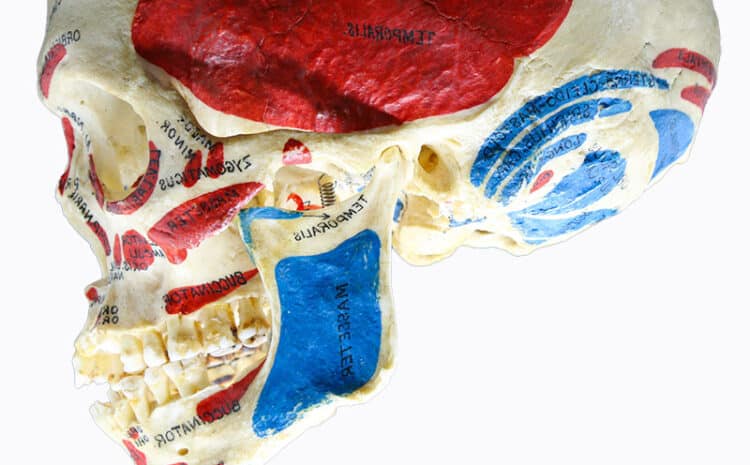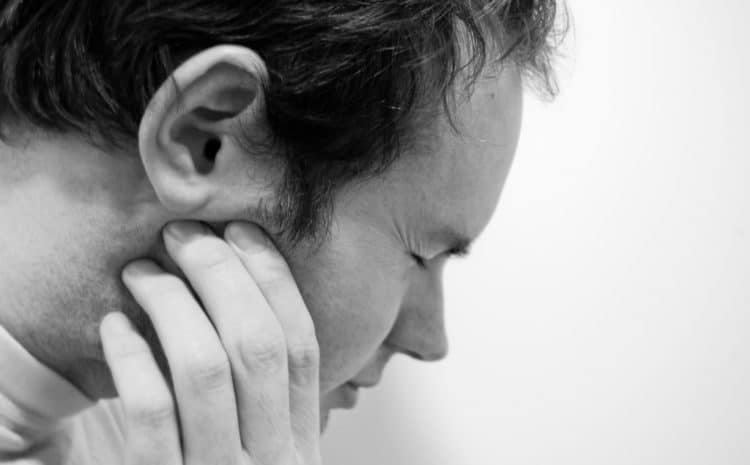The time when you are asleep can often cause the most damage to your jaw and cause temporomandibular joint (TMJ) disorder. It’s important to protect your teeth, jaw muscles, and joints while you sleep to prevent the condition from progressing.
Managing temporomandibular joint (TMJ) disorder often requires a full-body, holistic treatment plan. TMJ disorder is predominantly a chronic condition that will need to be managed by a coordinated team of dentists, TMJ specialists, physical therapists, and additional healthcare providers. Your…
In conjunction with your home care regimen, you may also need professional treatment to address your temporomandibular joint disorder (TMJ disorder). After your diagnosis, your dentist or TMJ specialist will provide you with a customized TMJ treatment plan to address…
If you’ve been diagnosed with temporomandibular disorder (TMD), you may be able to manage your pain and symptoms at home. These symptoms may improve over the span of few weeks or months simply by changing parts of your daily routine.…
Can you imagine a life in which you feel pain or discomfort whenever you chew, yawn, or brush your teeth? This is the reality for many people who live with temporomandibular disorder (TMD). The temporomandibular joint (TMJ) is composed of…







